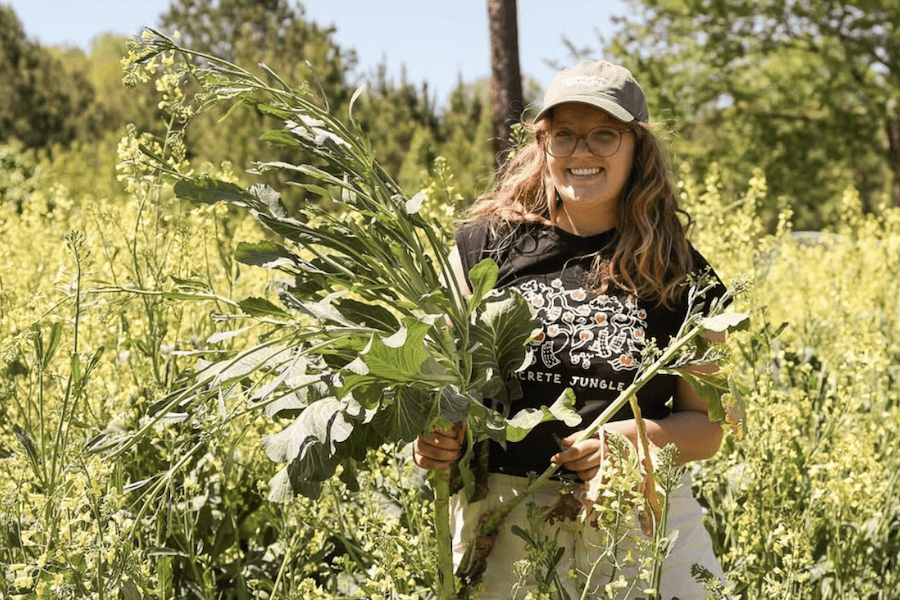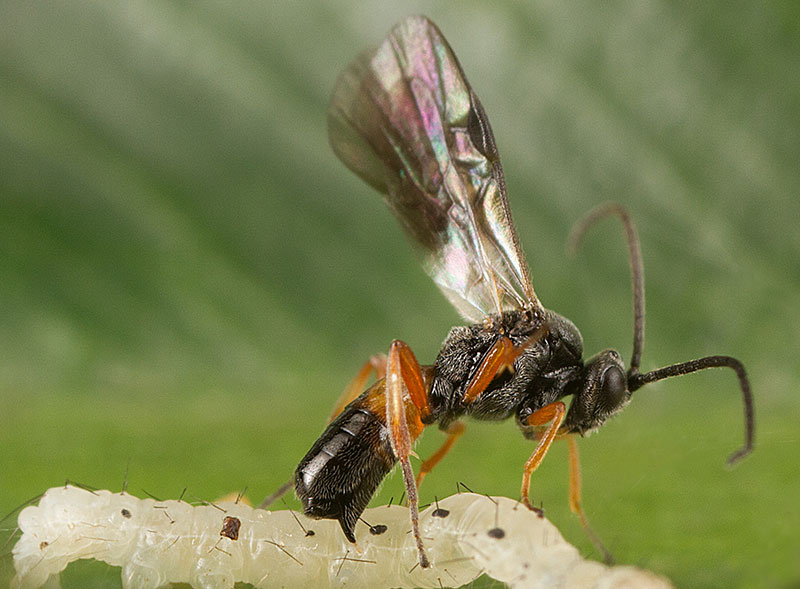 CAES News
CAES News
Advances in Animal Sciences
Through a network of dedicated research programs and centers across the state, UGA is a leader in creating solutions and innovations in animal sciences. To achieve solutions to grand challenges in the livestock, poultry, and integrated pest management, CAES researchers explore these topics:
- Insect Studies
- Animal Physiology, Genetics and Neurology
- Mammal Studies
- Avian Studies
- Animal Nutrition
- Animal Health and Welfare
- Animal Farming Practices
- Medical Implications and Advances
- Animal Pathology
- Animal Reproduction/Breeding
- Diversity
International Collaboration
UGA researchers partner with Cairo University to address water scarcity in poultry production
Poultry Science and Animal and Dairy Science faculty use genetic expertise to explore efficient water consumption solutions for Egypt's poultry industry.
Georgia is the largest poultry producer in the world and the University of Georgia has been working to support the state’s robust poultry industry for decades. Research from our poultry science department makes production safer, healthier and more efficient.



